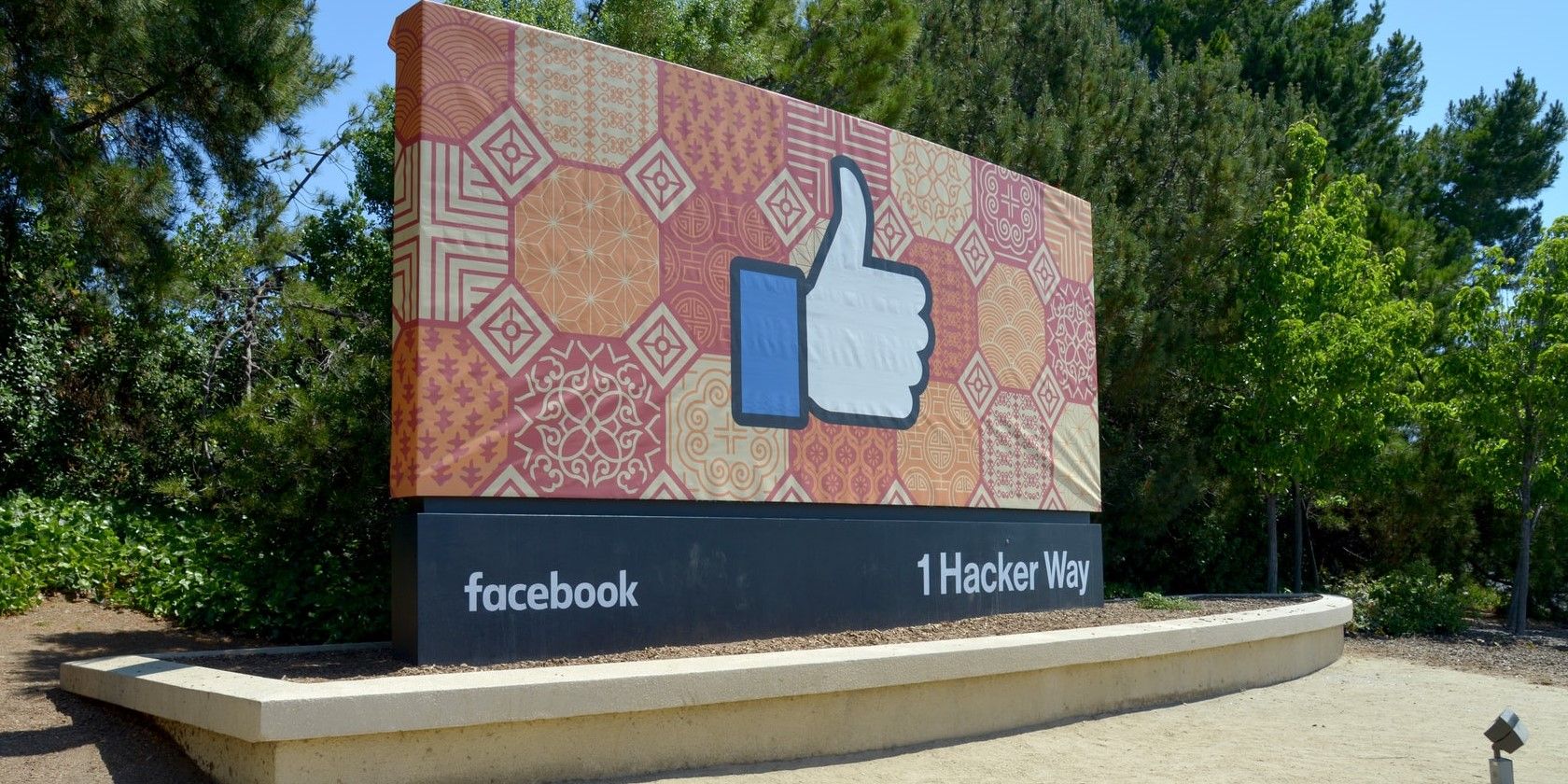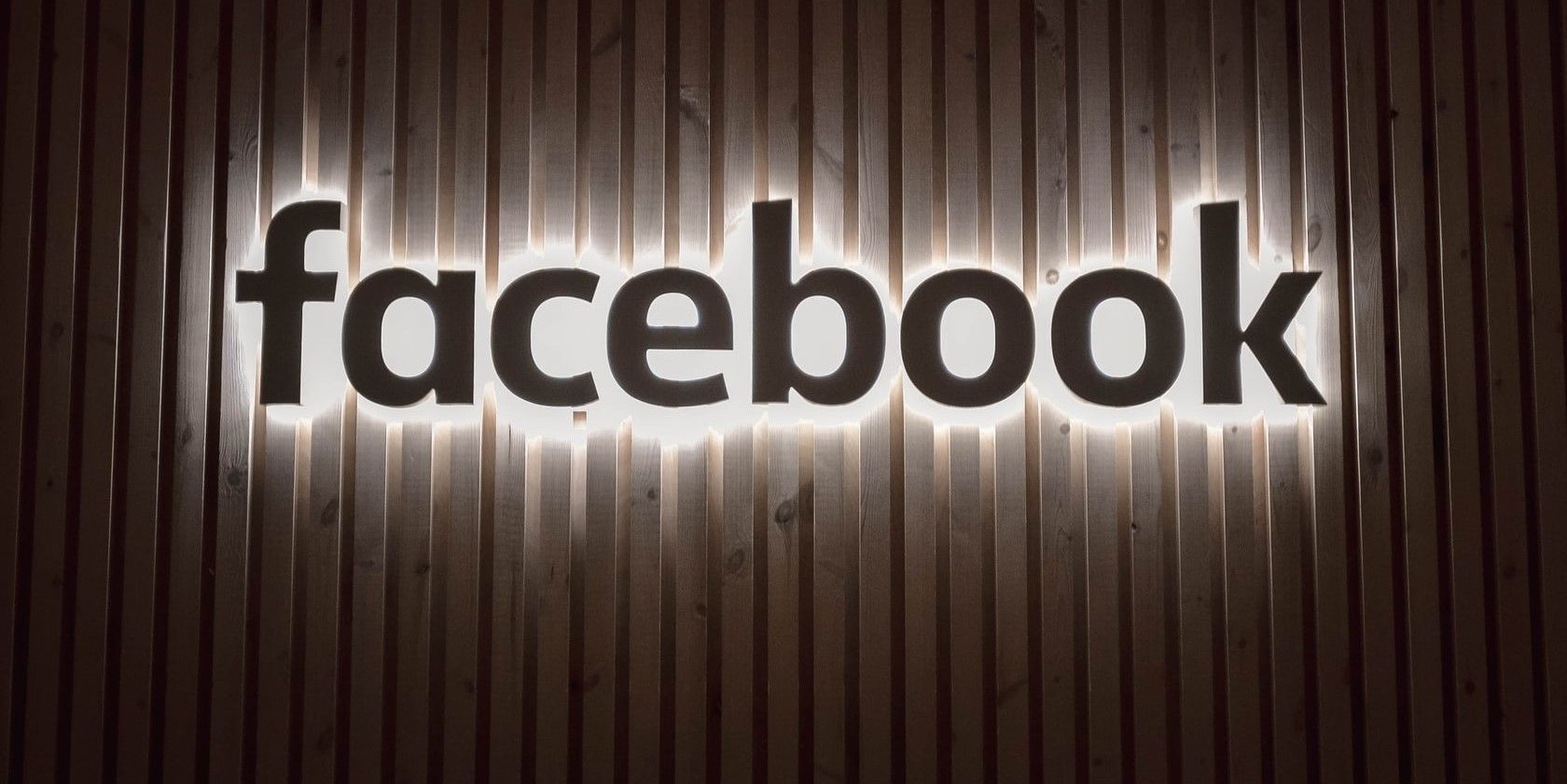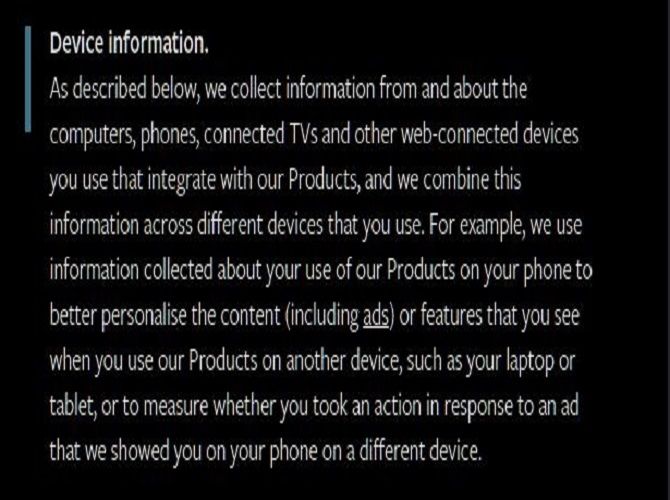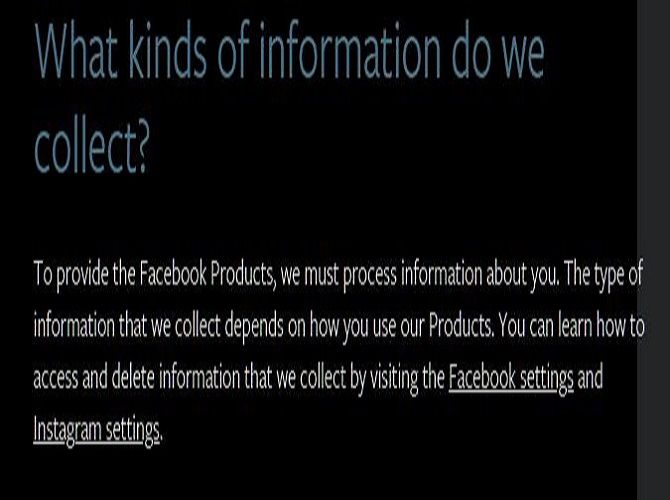A lot of people are excited about the upcoming Quest 2 VR headset. However, a lot of people are pretty angry about it. It looks like a good headset from a (once) respectable manufacturer. So, why the hard feelings?
They have to do with the fact that the headset is being released by Facebook. The company has a chequered past when it comes to user information and their recent forays into extended reality may be a reason for concern.
The Story of Facebook's Growing Portfolio
Facebook launched in 2004. Two years later, their mobile app launched. In 2012, the company acquired rival social media platform Instagram, followed by messaging tool WhatsApp two years later and VR company Oculus later that same year. Oculus would later rebrand to become Facebook Reality Labs.
In 2018, the company launched Portal, hardware and software dedicated to video calling with the help of AI assistant Alexa. The following year, it announced a wallet for a yet-to-be-released Libra digital currency (the development of which would also directly involve Facebook).
It's easy to think about how this conglomeration of companies may be "unsettling" for users. Think of all of the information that Facebook can collect from you, that is, through the information that you directly give them as well as all of the information that they collect from you in other ways.
If you use multiple social media sites, you may not be living a very private life, but at least no one party has all of that information. Unless, of course, Facebook also purchases those other companies. Your list of friends is some of your most valuable information. Well, if you have different friends on Facebook and Instagram, old FB has both lists.
Further, Facebook also owns information about you that others share, even if you don't have a Facebook. That's also true of companies that Facebook works with but doesn't own.
Facebook vs Your Privacy
If you're already a little nervous, you should sit down. All of the information above is available directly through Facebook. However, learning about Facebook by reading Facebook's record is kind of like studying ancient Egypt by reading hieroglyphics: Good news is great news, run-of-the-mill news is good news, and bad news is never recorded.
Facebook founder and CEO Mark Zuckerberg has personally testified before the United States Congress on two occasions, in 2018 and in 2020. His 2018 appearance was directly related to user privacy, while his 2020 appearance was related to anti-trust concerns.
Of course, all of this raises the question: if Facebook already had all of this power, why are VR users just now upset?
Why the Sudden Concern?
There are three significant reasons that some in the VR community are up-in-arms about Facebook.
VR and Security
The first of these reasons isn't exactly news, but it's also something that some people might not be thinking about. That is the fact that VR headsets have the capacity to collect different kinds of data.
Virtual Reality headsets need a certain amount of information about the user's environment. These are captured by external cameras.
Even headsets that provide 3 Degrees of Freedom (headsets that provide immersive visuals but don't allow the user to move around, etc.) have at least one. Headsets that provide 6 Degrees of Freedom (headsets that let you move around in the virtual environment) typically have at least two. The Quest 2 has at least four.
Further, VR headsets have audio capabilities for things like social applications and voice commands when applicable. These video and audio capabilities also help streamers who record themselves playing video games for social media.
The concern isn't (necessarily) that Oculus is going to be watching your every move and listening to your every comment. However, there have already been concerns (specifically leveled at Portal) that audio could be used for targeted marketing. After all, ad sales are how most social media platforms make most of their money.
As for video, we know that Facebook is working on world mapping and other augmented reality features in its recently announced Project Aria. This technology will one day have practical user applications in an as-yet-unreleased AI-assisted AR smart glasses product.
For now, however, it raises questions regarding whether Quest 2 might be able to identify targets like brand names on packaging around a user's home. This could then be used to gather information on the user that could come back to haunt them---even on devices other than their Quest 2.
Oculus and Facebook
All this might seem a bit far-fetched if it wasn't for one of the other pieces of news that has some concerned. Oculus announced in an August 2020 blog post that in the very near future users will have to sign into their Oculus headsets using a Facebook account.
We don't know exactly what this will look like, but the permissions and access systems will likely be similar to installing the Facebook app on a mobile device. Unfortunately, many people don't really understand (or read) these permissions before accepting them.
Even if they do read them, they may not get the full picture. In covering Zuckerberg's 2018 congressional hearing, the Guardian quoted Zuckerberg as having said,
"Long privacy policies are very confusing. And if you make it long and spell out all the detail, then you’re probably going to reduce the per cent of people who read it and make it accessible to them.”
General Suspicion
Everything in this section is true. VR headsets have access to data from your environment and linking to a Facebook account will necessarily give Facebook at least some access to at least some of that information. However, there's also a conspiratorial element that leads to some of these concerns.
We've already recalled Facebook's record with user data and some of the reasons that getting more people into VR could be beneficial to Facebook as a company. There's also the fact that the Quest 2 actually costs less than the original quest, despite being more technologically advanced.
There are two potentially conflicting narratives potentially at play here.
The first narrative is a combination of the classic axioms that "if something seems to good to be true it probably is" and "if it something is free, you're the product." An article by The Conversation does a pretty good job of summing up the theory that the Quest 2 is so affordable because Facebook's end-game isn't providing a quality gaming experience.
The second narrative is definitely giving a break to Facebook. It's called "Moore's Law" and it basically states that every few years computers get better and they become more affordable.
In other words, the Quest 2's low price might be Zuckerberg trying to trick more people into feeding him more data. Or, it could be a sign that VR technology is just becoming better and more affordable.
Should You Buy a Quest 2?
So, should you buy a Quest 2? Maybe.
There are reasons to forget about Quest 2, delete your social media accounts, smash your computer, and build a cabin in the remote wilderness of Upper Michigan. However, there's also a lot to be said for doing your research, being careful with who you give what data, and living your life.
Image Credit: jazzrossi/Pixabay





